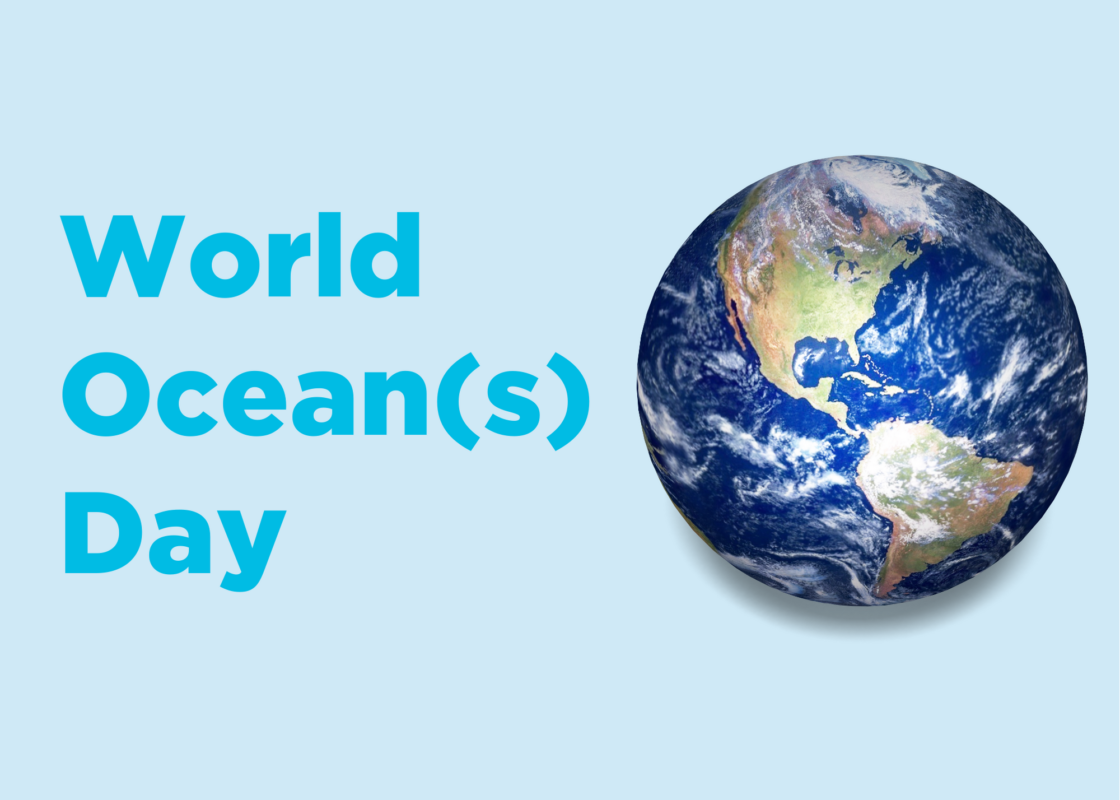
Over the past year or so, with the pandemic and with the growing threat from climate change, the world has seen how connected we all are and how important it is to work together to create a better future.
To strongly emphasize our connectedness on this blue planet, The Ocean Project is officially dropping the ‘S’ from World Ocean(s) Day.
With this change we are returning to our roots, when we partnered with others around the world to start coordinating World Ocean Day in 2002. At that time, there was no global coordination, no central website, no customizable resources to help organizations and individuals get involved, and no one promoting World Ocean Day across all sectors as an opportunity to collaborate, to raise the profile of the ocean and its importance to everyone, no matter where we live, to survive and thrive.
To help grow World Ocean Day, and working closely with global partners, from 2003-2008 we petitioned the United Nations to officially recognize 8 June as World Ocean Day. Tens of thousands of people from dozens of countries signed an online petition and many thousands more signed petitions at World Ocean Day events over those years, urging the UN to recognize this special day in June each year.
In December 2008, the UN General Assembly passed a resolution recognizing the day, but they added an ‘S’ resulting in “World Oceans Day.” So, in solidarity with the UN, we added the ‘s’ and since that time, it has been “World Oceans Day.”
What difference does an ‘S’ make?
By dropping the ‘S’ we are again aligning with the ocean literacy movement with scientists, educators, and youth worldwide. It’s always been about one big ocean (and one climate) that connects us all.
Ocean literacy principle #1 is “the Earth has one big ocean with many features. Though humans have named the five oceans—Atlantic, Pacific, Indian, Southern and Arctic—there is really just one connected world ocean.
For some great resources on ocean literacy, please see NMEA’s overview page with translations available of the essential principles and concepts; UNESCO/IOC’s page and their Ocean Literacy for All: A Toolkit. Also, be sure to check out the World Ocean Day resource page for newly added ‘drop the S’ animations in multiple languages!
So, for World Ocean Day 2021, we hope you will get involved! You can start now by spreading the word and thinking about how you can make a difference every day, and also start planning for a special celebration of any size, online or onsite, in June! Click here to read about the 2021 Conservation Action Focus!
